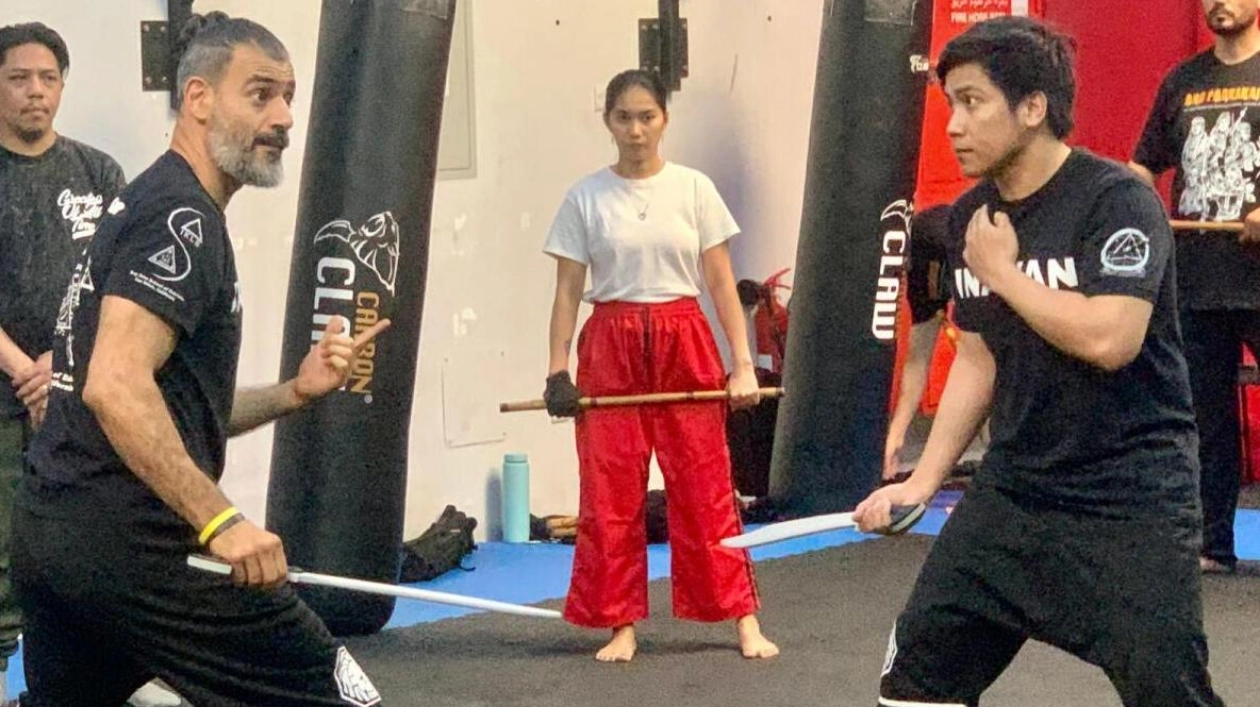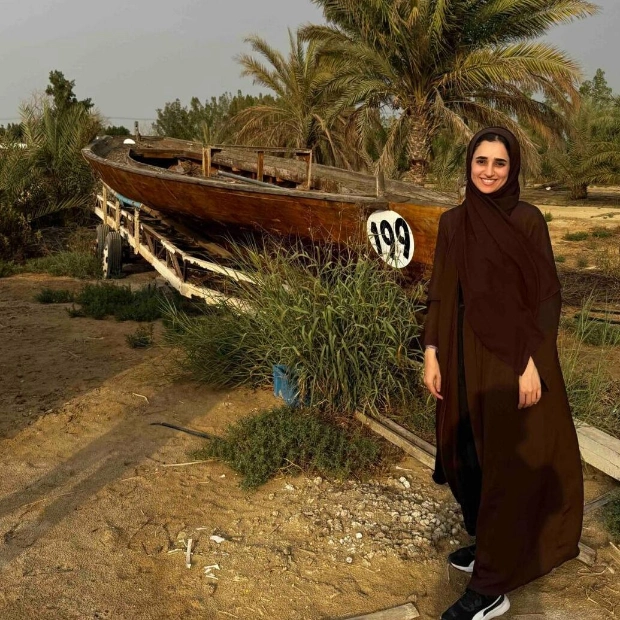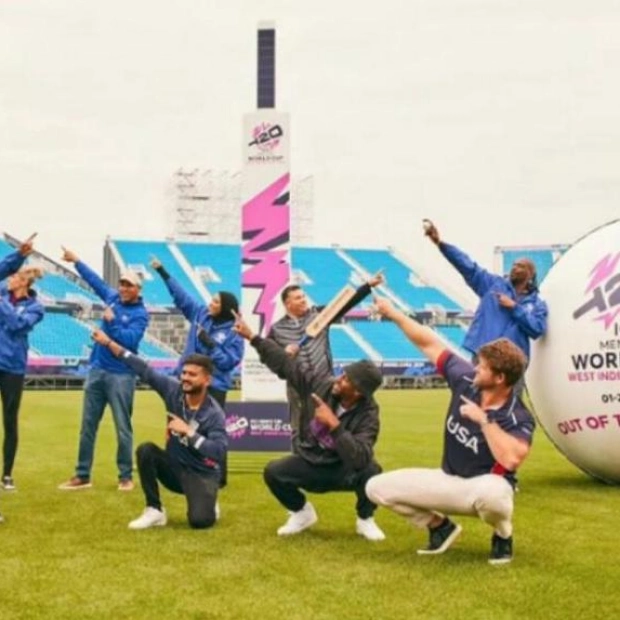Photos: Supplied
Emirati Wael Alsayegh discovered the ancient Filipino martial arts (FMA), commonly referred to as arnis, eskrima, or kali, over a decade ago and was instantly captivated by this traditional form of self-defense that hails from the Philippines. "I first encountered Filipino martial arts during my time studying abroad about 12 years ago. I was immediately drawn to eskrima and felt a strong desire to introduce it to my community in Dubai," Alsayegh, the founder and owner of Al Areen Martial Arts in Al Quoz, shared with Khaleej Times. Recently, Al Areen—which translates to 'The House of Lion' or 'The Lion's Den' in Arabic—welcomed a gathering of Filipino martial arts instructors, leaders, and masters based in the UAE. The event, titled 'Pagkakaisa' (unity in English), attracted expatriates eager to delve into the unarmed and armed techniques associated with this ancient self-defense method, particularly the use of sticks.
At the event, the masters highlighted Inayan Eskrima, which originated in Baguio City in northern Philippines, and focuses on teaching students to wield sticks known as yantok, eskrima, or arnis, while also mastering open-hand defense techniques. Some Filipino martial artists are renowned for their ability to seamlessly switch between fighting with weapons and using their bare hands, transforming everyday objects into defensive tools. "This is the legacy of Filipinos who migrated to the US in the 1970s. The Inayan knowledge has been passed down through generations," Alsayegh remarked, expressing concern that many Filipinos are unaware of their martial arts heritage. "Many Emiratis are surprisingly passionate about Filipino martial arts. Many believed that the Philippines lacked indigenous martial arts, but upon learning about arnis, they have even integrated it into their military and police training," Alsayegh explained, adding, "Their enthusiasm inspired me to establish my school to provide the best of Filipino martial arts."
Xanthia Ohlback, a 21-year-old Australian-Indian student, is among the foreign nationals drawn to arnis. She said, "My mom discovered it through my brother who practices Jujitsu. He met coach Wael years ago and recommended the martial art to us, and I was immediately intrigued. I can use these techniques to defend myself in situations where my safety is at risk." Ginalyn Jadia, a team leader at an insurance company in Abu Dhabi, took a break from her busy schedule to join her fellow Filipino Martial Arts masters at the event. Jadia, who learned Filipino martial arts in college and has continued practicing it since moving to the UAE about 15 years ago, shared, "I didn't initially intend to study Filipino martial arts but rather foreign martial arts. However, the school I enrolled in offered it, and I became curious. Eventually, I came to appreciate this sport. I even participated in competitions and won during my time." Jadia, now 51 and ranked as a senior master, the 7th highest title in FMA, emphasized the physical and mental discipline required to become a martial artist, noting, "It's not easy. It demands physical and mental strength, discipline, flexibility, and a high tolerance for pain. You will experience many painful lumps on your fingers. It's inevitable. Sometimes you get hit, but you improve over time."
Apart from her regular job, Jadia also teaches FMA at a gym in Abu Dhabi, where many of her students are foreigners. She actively encourages her fellow Filipinos in the UAE to explore FMA. "When I was still working in Dubai, I would offer FMA for free at parks. I don't have Filipino students. They are all foreign nationals. Some are even from Saudi Arabia who would come here for short lessons," she noted. Eliseo 'Boy' Cañete, a 55-year-old black belter, echoed Jadia's sentiments, saying, "I would like to encourage more Filipinos to learn about arnis. This is our national culture that should be nurtured and promoted globally. It not only promotes a healthier lifestyle but also teaches you how to protect yourself in adverse situations. Young or old, you can still learn Filipino martial arts." Cañete also shared how martial arts helped him in a challenging situation. "One time, back in the Philippines, a group of four men attacked me without provocation," Cañete recalled, adding, "I fought back using the techniques I learned from my grandfather and other masters who taught me how to use my feet and hands to defend myself. It worked even without the use of weapons. I kicked them and managed to defeat them all." Master Louie Rempillo, a 49-year-old veteran FMA practitioner, emphasized the need to promote FMA in the Philippines and other countries with significant Filipino populations. "Arnis is deeply rooted in our culture," he underscored.
Today, arnis is officially recognized as the Philippines' national sport and has been a competitive event at the Southeast Asian Games since 2005. The Philippine government and supporters of FMA are lobbying for its inclusion in the Olympics, similar to Muay Thai or Taekwondo, Rempillo noted. "Arnis has also been featured in several Hollywood movies like Bourne Identity," added Rempillo. Meanwhile, Philippine consul-general Marford Angeles praised the group's efforts to promote FMA, stating that arnis could serve as a bridge to strengthen ties between Filipinos and Emiratis, as well as other nationalities. "Our role is to amplify the efforts of Filipinos and showcase how skilled we are at this and how much we appreciate the UAE as our second home. We must share our knowledge with a broader audience so they can learn more about Filipino culture," he added.
Source link: https://www.khaleejtimes.com






